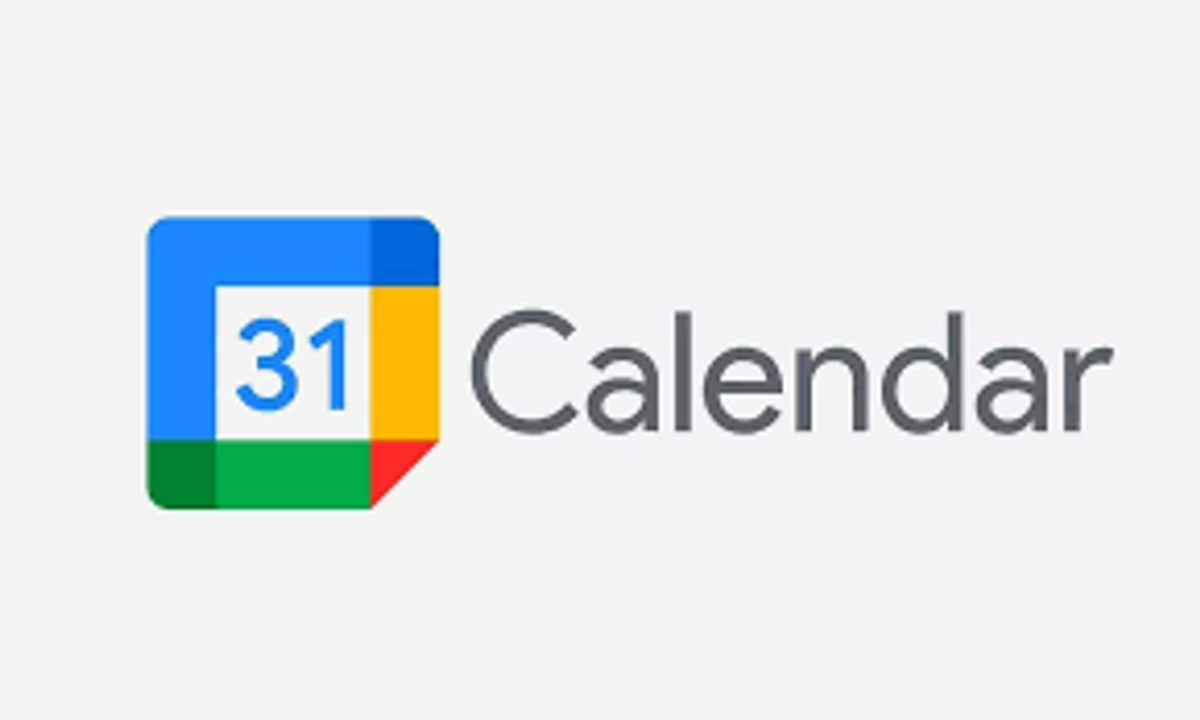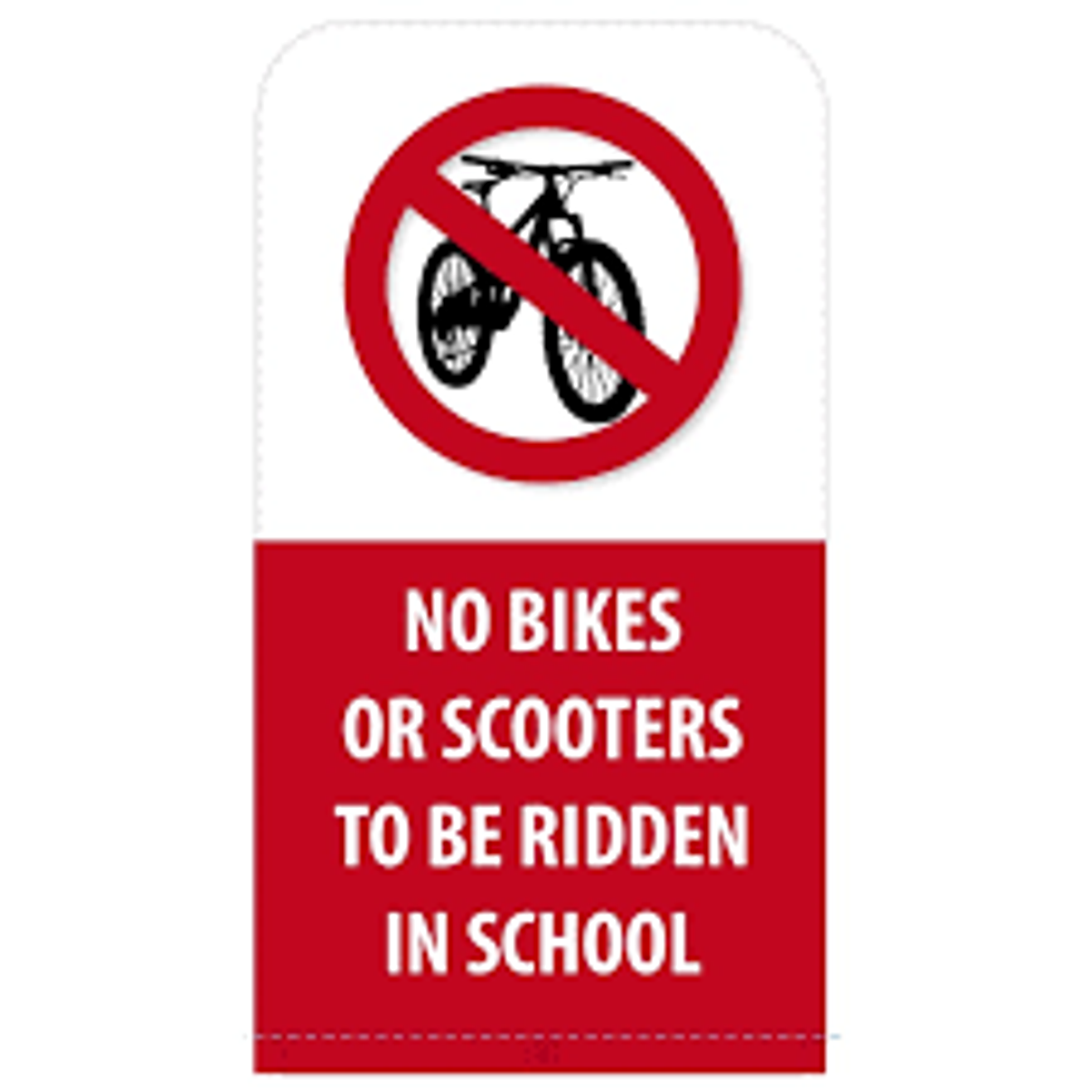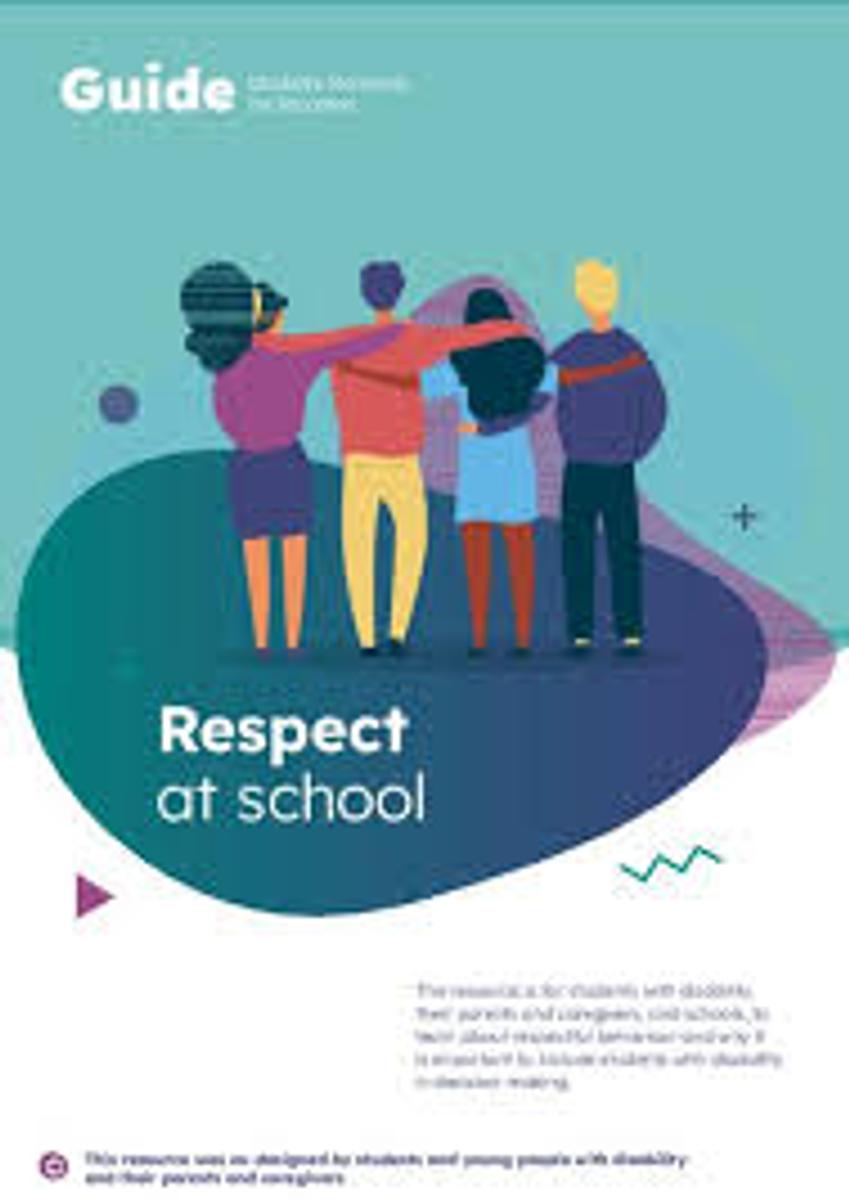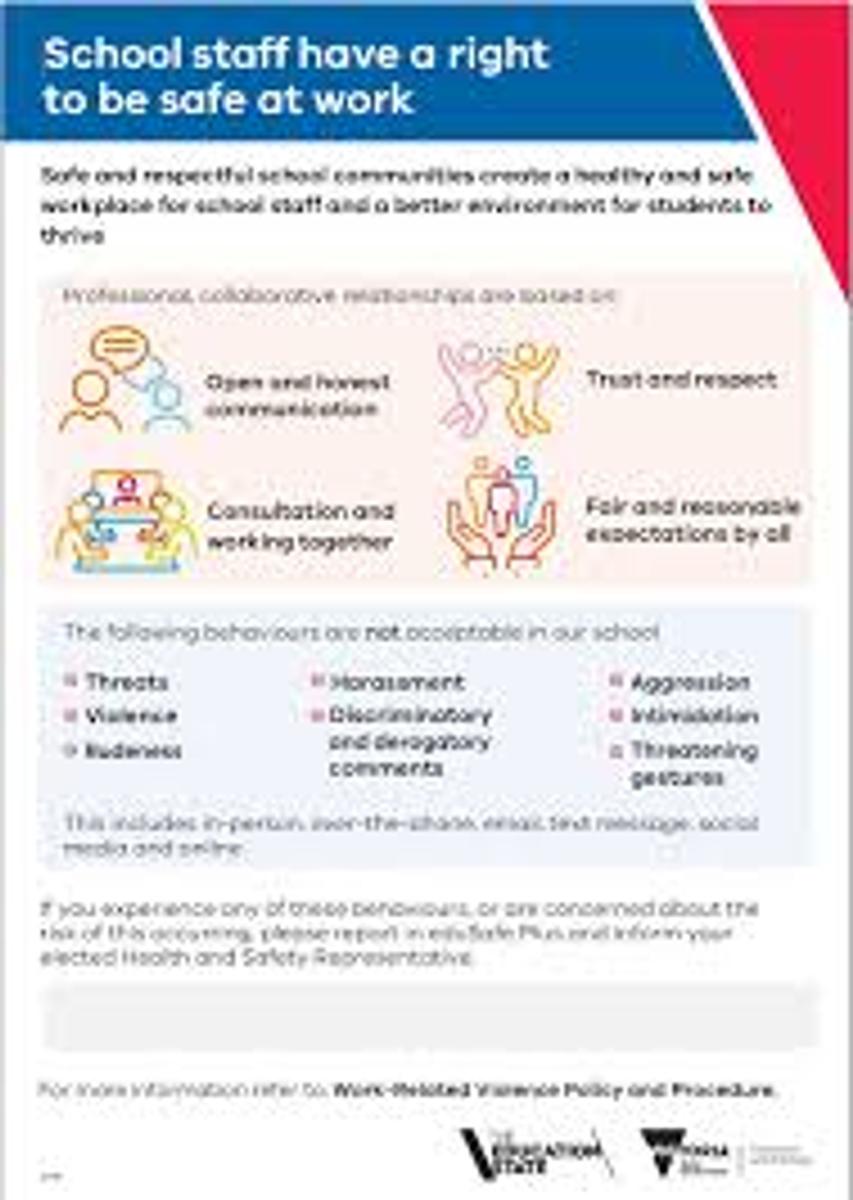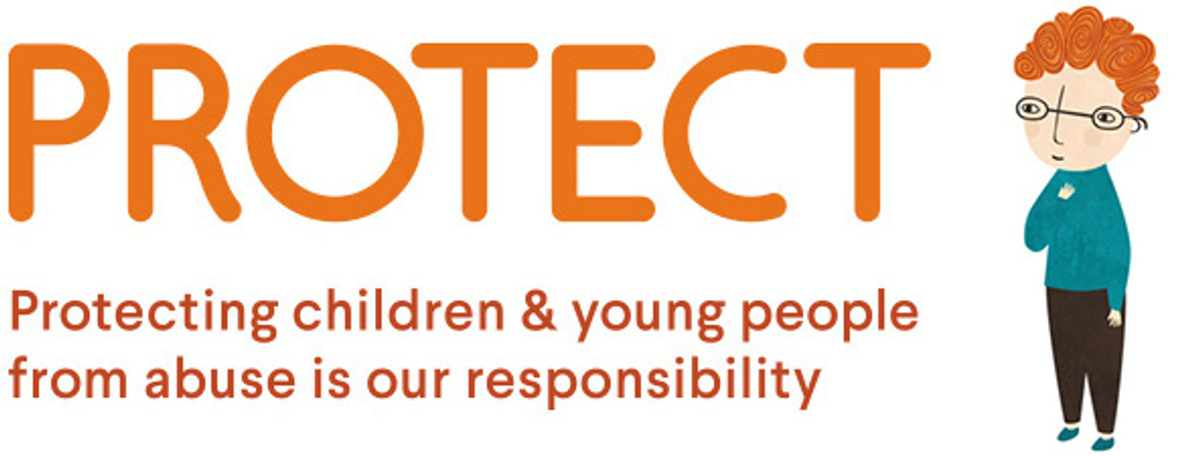Principal Class News

Compass Calendar Issues Update
We have been made aware that there has been a glitch between the Google Calendar and the Compass Calendar and Website, leaving vital information for parents not showing on the calendars. We would like to apologise for this. We are currently manually fixing this issue and re-entering all events one at a time onto the Compass Calendar as well as working with our website technicians to rectify the issues. We have put on all events until the end of term 1 in the Compass calendar and on the website calendar, and will continue to work on adding all of the events for the remainder of the year over the next two weeks so that we can start Term 2 with all the information you need ahead of time. Thanks for your patience, and for those who brought this to our attention.
Issues with Bikes and eScooters in the School Grounds and on the Crossing
We have had a number of complaints about students riding in the school grounds instead of taking their bikes or scooters to the bike shed in the mornings as well as riding through the grounds and nearly collecting families as they leave through the gates. Additionally, the City of Casey Crossing Supervisors have made complaints about students refusing to get off bikes and scooters to cross the crossing and being rude towards them, being heard telling other students "you don't have to listen to them". This is upsetting to hear, and I would hope our students are more respectful than to behave in this way. As this is also happening in high peak time with cars, and students have been seen to ride wide around everyone walking, with near misses to hitting stationary cars, it is important for students to be reminded by parents about safe riding, wearing a helmet and the rules around getting off and walking your bike or scooter when at the school gates. Thank you for your help in keeping our kids and community members safe.
Newsletter Feedback
We have been receiving feedback on our newsletters that the engagement is low. To make these meaningful for everyone, we would like your thoughts on if we should shift gears from the beginning of Term 2, with a focus on celebrating learning and achievements instead of lots of information sharing. We would love your feedback on this before making a final decision. Currently, newsletters go out in Week 2, 5 and 8. Please have your say by going to the link and filling out the google form- https://forms.gle/2wBNLbvcWEo2qG2EA
End of Term Reminder
A quick reminder that students finish at 2.30pm on Friday 4th April for the Easter holidays. We wish you all of our families a happy Easter, but also wish you a wonderful family time together during the school holiday break.
Term 2 will resume for a 3 day week on Tuesday 22nd April due to Easter Monday, and Friday 25th April is ANZAC day.
Shared responsibility of members of the school community to behave respectfully
Positive school environments are important because everyone has the right to be safe and play a shared role in being respectful. Everyone at school, particularly staff and parents/carers, play a role in making school a better place for learning and work.
Respectful behaviours are important in building strong, healthy and thriving school communities.
School staff in Victorian Government schools have to follow the Respectful Workplaces Policy to build and maintain a respectful workplace, including:
- treating each other with respect and consideration
- being inclusive, valuing others and accepting their differences
- recognising the efforts and achievements of others
- considering our impact on others
- calling out and addressing behaviour that can lead to bullying, harassment and discrimination.
Parents/carers can create a positive environment for learning and work by:
- modelling positive behaviour to their child/children and to the school community
- communicating politely and respectfully with all members of the school community
- working with the school to achieve the best outcomes for their child/children
- communicating constructively with the school
- making use of the expected processes and protocols when raising concerns
- following the school's processes for communication with staff and making complaints
- treating all school staff, students, and other members of the school community with respect.
By treating everyone with respect, parents/carers and schools can make sure students feel supported and cared for.
Respectfully raising complaints at your school
The Department supports your right to make a complaint and provides a Parent Complaints Policy to help you do this. Complaints from parents and carers help the school community by providing feedback to improve how a school operates.
Schools welcome complaints from parents and carers if they are communicated in a respectful and constructive way. They may ask that concerns be communicated in writing.
The Family Engagement in Learning (PDF, 343KB) page shows parents and carers how they can best talk to schools to provide feedback or complaints. Each school is different in how they prefer to talk to you– please refer to your school’s guidance.
You can have a support person to help you at any time, who can talk to the school on your behalf or help you understand school policies. They can be a family member, a friend, a community member or a person from a support service.
You can also ask your school for an interpreter or translator to help communicate with the school, as per the Interpreting and Translation Services Policy.
For more information, refer to your school’s own complaints policy or the Department’s Parent Complaints Policy.
Unacceptable behaviours and consequences
Schools are positive places of learning where everyone has a right to a safe and healthy learning environment. Schools are also workplaces, and school staff deserve to work in an environment where they don’t feel threatened or unsafe.
When a small number of parents and carers behave unacceptably towards a staff member or another member of the school community, this can affect their health, safety and wellbeing. The impact can also be felt by the wider school community.
Unacceptable or unreasonable behaviours include, but are not limited to:
- being violent or threatening violence of any kind, including being physically intimidating, aggressive hand gestures or invading another person's personal space
- speaking or behaving in a rude, aggressive or threatening way, either in person, via email, social media, or over the telephone
- sending demanding, rude, confronting or threatening letters, emails or text messages
- discriminatory or derogatory comments
- the use of social media or public forums to make inappropriate or threatening remarks about the school, staff or students.
If a parent or carer behaves in an unacceptable way, the school principal may contact them to talk about this further and there may be consequences. This may include making a School Community Safety Order to prohibit or limit harmful, threatening or abusive behaviour from a parent, carer or other adult to members of the school community.
Unacceptable or unreasonable behaviour may be escalated to the Department, where it will be assessed and managed by:
- requesting that the parties attend a mediation or counselling sessions
- requesting all communications be in writing
- written warnings
- conditions of entry to school grounds or school activities
- exclusion from school grounds or attendance at school activities
- reports to Victoria Police
- legal action.
For more information about this policy, email safer.school.communities@education.vic.gov.au.
The Child Safe Standards
As part of the Victorian Government’s commitment to implementing the recommendations of the Betrayal of Trust report, which found that more must be done to prevent and respond to child abuse in our community, there is a new regulatory landscape surrounding child safety, underpinned by the Child Safe Standards.
The Child Safe Standards are compulsory minimum standards for all Victorian early childhood services and schools, to ensure they are well prepared to protect children from abuse and neglect.
All children have the right to feel safe and to be safe all of the time. An organisation or agency that provides a child safe environment is one that has a range of strategies and policies in place to ensure children are protected from harm and abuse.
Under the child safe standards schools must inform the school community about:
- strategies to embed a culture of child safety at the school, and roles and responsibilities within the school for achieving these strategies
- the school’s child safety policy or statement of commitment to child safety.
You also ask to see the school's:
- code of conduct outlining clear expectations for appropriate behaviour by school staff with children (this must be publicly available)- currently on our website
- strategies to promote child empowerment and participation, e.g. delivering appropriate education about standards of behaviour for students attending the school, healthy and respectful relationships (including sexuality), resilience and child abuse awareness and prevention.
- procedures for reporting suspected child abuse.
At CSPS you can view these expectations, strategies and code of conduct on our school website - https://cranbournesouth.vic.edu.au/
Please refer to the CSPS Child Safe section under Policies.

